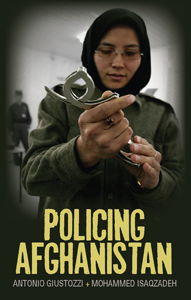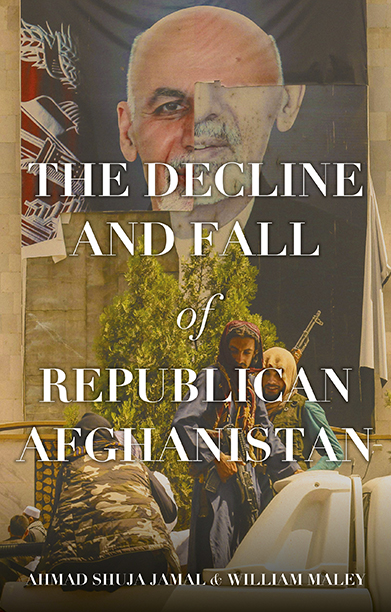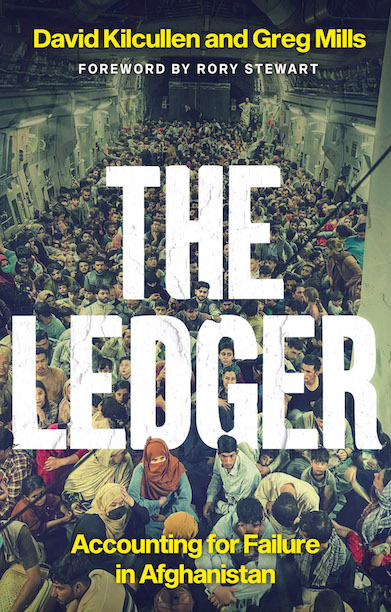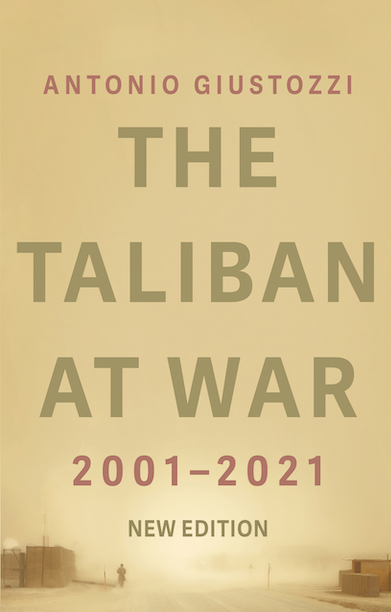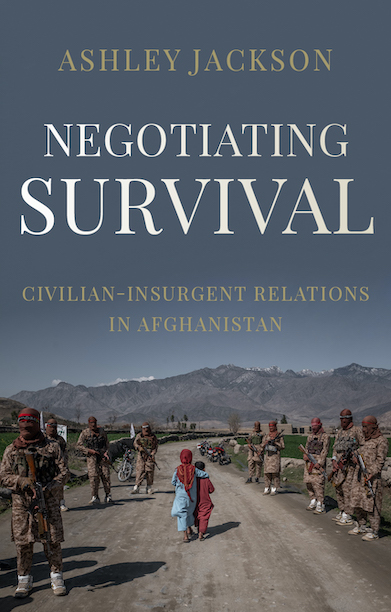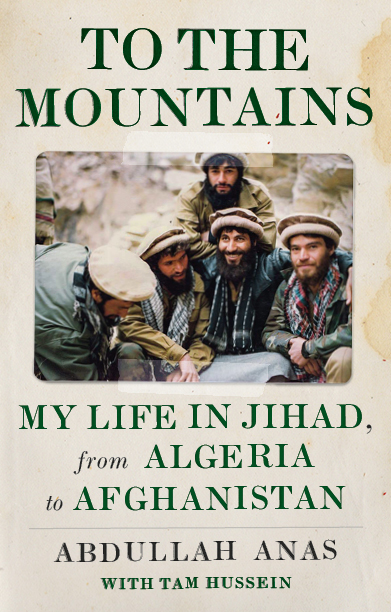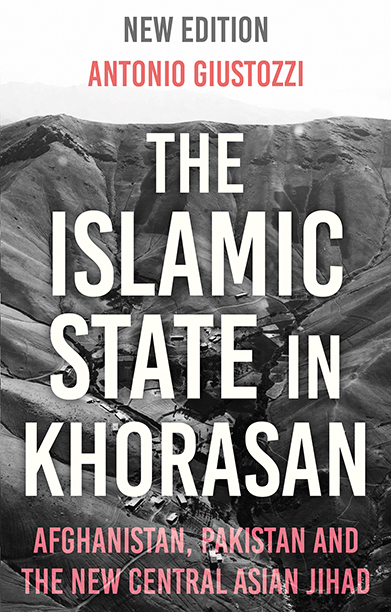Policing Afghanistan
The Politics of the Lame Leviathan
‘Worth reading for both those who intend to gain a deeper knowledge of the complex field of Afghan politics and those who have an interest in topics such as intervention policies or police reform in general.’ — International Affairs
Description
Policing is not a popular topic of serious scholarly research. Although a vast literature on policing exists, it is mostly technical in nature and only rarely analytical. Even the police forces of Western Europe and North America have rarely been investigated in depth as far as their history and functioning goes. In particular, the politics of policing, its political economy, have been largely neglected.
This book is a rare in-depth study of a police force in a developing country which is also undergoing a bitter internal conflict, further to the post-2001 external intervention in Afghanistan. Policing Afghanistan discusses the evolution of the country’s police through its various stages but focuses in particular on the last decade.
The authors review the ongoing debates over the future shape of Afghanistan’s police, but seek primarily to analyse the way Afghanistan is policed relative to its existing social, political and international constraints. Giustozzi and Isaqzadeh have observed the development of the police force from its early stages, starting from what was a rudimentary, militia-based, police force prior to 2001. This is a book about how the police really work in such a difficult environment, the nuts and bolts approach, based on first hand research, as opposed to a description of how the Afghan police are institutionally organised and regulated.
Table of contents
Acknowledgements
Glossary
1. Introduction
Policing as the object of study
Policing in the context of state formation and state-building
Policing in history
Throwing light on the mystery of institution building
The Afghan context
2. Background: history of police in Afghanistan
The origins
To 1978
Structural development
Territorial and population control
Command and control
Rule of law and professionalisation
1978–2001
Politicisation and the first assault on meritocracy, 1978–9
A new institutional order, under Soviet patronage, 1979–92
State collapse and the second assault on meritocracy, 1992–6
Policing under the Taliban
3. Afghanistan’s police in 2002
A new year zero of policing
The early post-2001 political economy
4. The changing post-2001 operating environment
5. The uncertain impact of external assistance
Financial assistance
Training, mentoring and advising
The beginnings
The American wave
Impact of assistance
6. Internal organisation and reorganisation
Structural development
Professionalisation
Local/non-local
Indiscipline
Cooperation with other government institutions
Investigative capabilities
Reporting and record keeping
Pay and retention
Education
Competence and motivation
Corruption
The corruption landscape
Case study: the ANP and illegal tolls
Counter-narcotics
Ghost police
Fighting corruption
7. Recruitment and retention
The scarcity of professionals
Charismatic officers and patrons
Provincial dynamics: Balkh’s most durable stationary bandit
Façades of reform
Purges, clean-ups and patronage
Ethnicity
Political affiliation
Professionalism
Lobbying
Criminal networking and corruption
8. The ultimate test of functionality: the paramilitary dimension
Commanding and controlling the police
The early days
Impact of improvement efforts
Persistent patrimonialism
Collaboration with the enemy
Alternative models?
Control of territory and population
The early days
Persistent weakness
Wasteful use of human resources
Reduction of coverage faced with the insurgency
Reporting
Logistics
9. The ambiguous impact of reform
The first wave of reforms and the difficulties of re-centralisation
Nature of the reforms
The centralisation effort vis-à-vis the strongmen
Provincial dynamics: Faryab province, 2004
Provincial dynamics: Kandahar province, 2005
Reform, counter-reform and external scrutiny
The Trojan horse which was not
The lone reformer at the top
Thermidor: from reform to technical improvements
The debate over paramilitary or civilian policing
Gender issues
Pay and rank reform
The rule of law
The Afghan Leviathan and the rule of law
External oversight and accountability
The foreigners’ influence
Abusive and arbitrary behaviour
Torture
Illegal detention
Arbitrary executions
Riot control
Community demands and rule of law
10. Provincial dynamics: a case study of Herat
Historical background
Police during Ismail Khan’s first rule over Herat (1992–5)
Police under the Taliban’s Emirate
Police during Ismail Khan’s second rule over Herat (2001–4)
Building a loyal police force
Command and control of the Police
Police corruption
Police in post-Ismail Khan Herat
Police and politics
Command and control
Political economy
Police corruption and criminal behaviour
Oversight of the police
11. Conclusion
Notes
References
Index
Reviews
‘This is the first serious, comprehensive and convincing account of how policing in Afghanistan really works. Giustozzi and Isaqzadeh’s impressive study of the political dynamics of Afghan policing extends the police-studies agenda and is essential reading for anyone interested in the political economy – or reform – of policing.’ — Alice Hills, Chair of Conflict and Security, University of Leeds, and author of Policing Post-Conflict Cities
‘Policing Afghanistan is the most comprehensive account to date of the history of policing in Afghanistan, especially of the critically important and yet highly problematic post-2001 efforts to rebuild an effective police force in Afghanistan. The book contains a wealth of details about the structure and organization of the police, recruitment and retention issues, and the various reform efforts of the past decade. The most useful contribution of the book, however, is that it looks at policing not simply from a technocratic perspective, which other studies of police reform efforts in Afghanistan have tended to do, but as an inherently political task. By placing police reform efforts in their political context, and examining the political economy of policing, this study provides a much clearer and compelling explanation for the successes and many more failures of internationally-driven police reform efforts in Afghanistan.’ — Andrew Wilder, Director of Afghanistan and Pakistan Programs, United States Institute of Peace, and author of Cops or Robbers? The Struggle to Reform the Afghan National Police
‘The reconstruction of the Afghan police, which lies at the heart of domestic security, is a crucial example of how a wrong priority can prevail from the outset, as this book impressively illustrates. … it not only provides a differentiated analysis of the current status of the project “rebuilding of police” in Afghanistan, but includes locally collected data and detailed examples of political actors’ logics in the country, which are rarely discussed in a general national overview. … Worth reading for both those who intend to gain a deeper knowledge of the complex field of Afghan politics and those who have an interest in topics such as intervention policies or police reform in general.’ — International Affairs
Author(s)
Mohammed Isaqzadeh holds an MPhil from Oxford University and teaches at the American University in Kabul. He is co-author of a paper on Afghanistan’s paramilitary policing.
